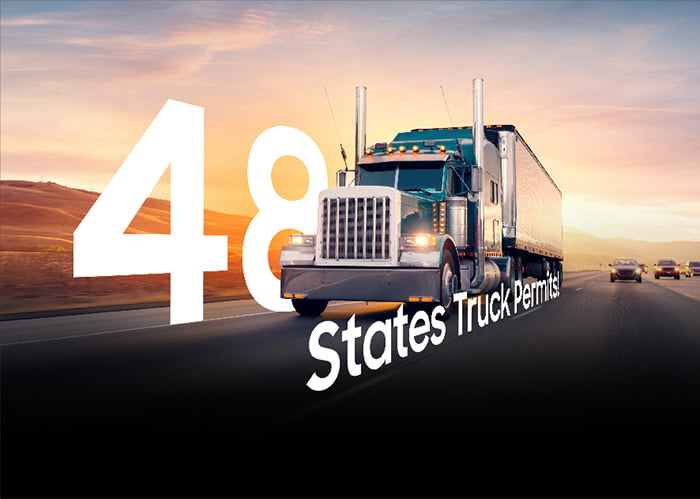Say goodbye to the hassle of
managing truck permits.
JST Truck Permits takes pride in providing 48 States Truck Permits as an integral part of our extensive array of services catering to carriers and owner-operators. Our proficient team will efficiently manage all the paperwork, allowing you to concentrate on your core expertise driving. Whether you require oversize permits or temporary fuel permits, rest assured that we have you fully covered.
The Federal Carrier Motor Safety Administration (FMCSA) is responsible for issuing USDOT numbers.
USDOT numbers are required by most commercial motor carriers engaged in interstate commerce, including those transporting passengers or cargo, and those hauling hazardous materials in quantities requiring a safety permit.
Additionally, commercial intrastate hazardous materials carriers who transport materials requiring a safety permit must register for a USDOT number.
- The vehicle is used to transport hazardous materials, as determined by the Secretary of Transportation, in a quantity that requires placarding, whether for interstate or intrastate transport.
- The vehicle's Gross Vehicle Weight Rating (GVWR) or Gross Combination Weight Rating (GCWR), or its Gross Vehicle Weight (GVW) or Gross Combination Weight (GCW), is 4,536 kg (10,001 lb) or more, whichever is greater.
- The vehicle is designed or used to transport more than 8 passengers (including the driver) for compensation.
- The vehicle is designed or used to transport more than 15 passengers (including the driver), but is not used for transportation purposes.
Secure Your WDT New Mexico Permit
If your commercial vehicle weighs over 26,000 pounds & you plan to operate in the state of New Mexico, you must register for a Weight Distance Tax (WDT) electronic permit. The WDT is imposed on both interstate and Intrastate operators, and it's essential to remain compliant with New Mexico regulations. To maintain compliance, every operator must report their vehicle's miles traveled quarterly online. At JST Truck Permits, we offer fast and reliable permit services to help you obtain your New Mexico WDT permit in just a few minutes if you meet all requirements. If you don't, our expert team will handle all the necessary paperwork for you.Contact us today to secure your New Mexico WDT permit and stay on the road.
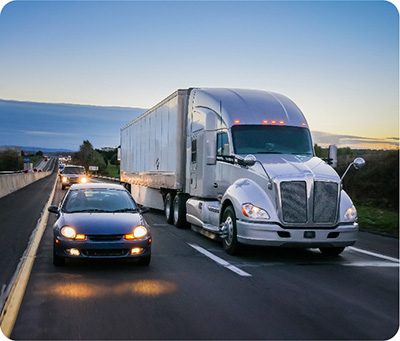
Get Your KYU Permit Fast & Hassle-Free
If you're an operator with a licensed weight of 59,999 pounds or more, the state of Kentucky requires you to report mileage tax. This tax is known as the Kentucky Highways Use Tax (KYU).All operators can register for a Kentucky Permit and pay the tax online. It's essential to report the miles traveled in Kentucky every quarte to stay compliant with Kentucky regulations.
Contact us today to secure your KYU permit and take the first step towards hassle-free trucking in Kentucky.
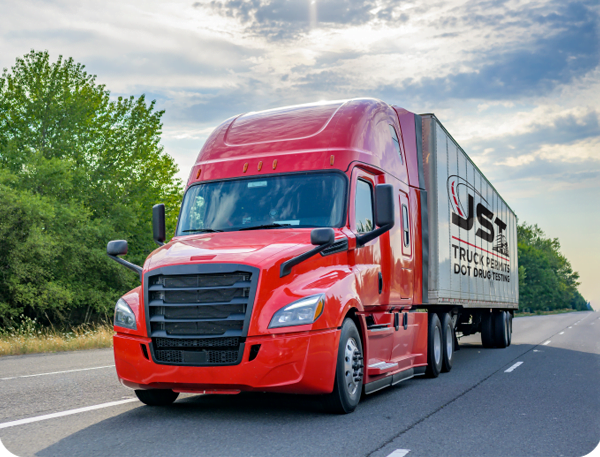
Get quick & easy NY HUT Permit
The state of New York imposes a Highway Use Tax (NY HUT) on motor carriers operating certain commercial motor vehicles on public highways. It's essential to note that toll-paid sections of the New York State Thruway aren't covered by NY HUT, and truckers should record this in their mile logs. The tax rate for NY HUT is based on the weight of the commercial motor vehicle and the reporting method chosen by the trucker. As a carrier or owner-operator, staying compliant with NY HUT regulations is crucial to avoiding fines and penalties.Contact us today to secure your NY HUT permit and simplify your trucking operations in New York.
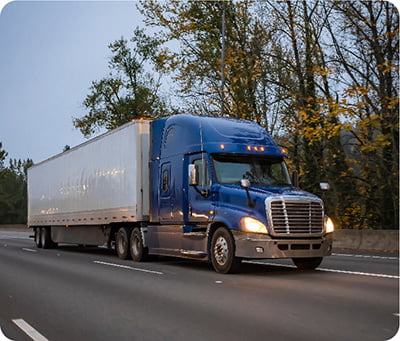
File your IFTA Fuel Tax return accurately
As a motor carrier, you're required to report quarterly driven miles to maintain your IFTA account, which allows the BOE to charge you taxes correctly. Filing your fuel tax correctly is crucial to avoiding penalties and fines. At JST Truck Permits, we specialize in IFTA filing and ensure that you're always compliant. Our expert team will help you calculate miles and fuel gallons according to the different states you drive, making IFTA reporting a breeze. The due date for the IFTA quarterly tax return is the last day of the month following the end of the quarter.Contact us today for more information on our IFTA filing services and stay compliant with ease.

Get your MCS-150 Update hassle-free
Keeping your MCS-150 up to date is crucial for avoiding fines and deactivation of your USDOT number. Even if nothing has changed in your MCS-150, it still needs to be updated every two years. At JST Truck Permits, we can take care of your MCS-150 update hassle-free. Our expert team will ensure that your information is accurate and up-to-date, so you can focus on your business operations.Don't let the burden of MCS-150 updates weigh you down. Let JST Truck Permits handle the task for you and give you peace of mind.
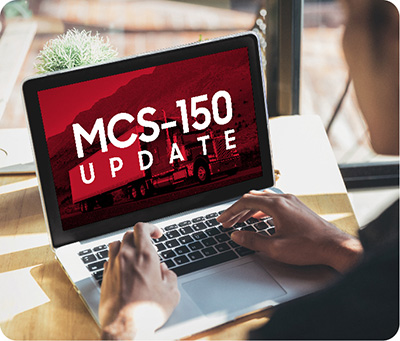
Handle your Monthly Oregon Filing with ease
Stay compliant with the state of Oregon and avoid penalties by letting JST Truck Permits handle your monthly filings. As per Oregon law, all carriers with an Oregon weight receipt must file a monthly report, even if there is no activity to report.Our team of experts can help you with accurate and timely filings, including the highway use tax bond, to ensure your compliance with state regulations.
Contact us today to learn more about our Oregon monthly filing services and how we can assist you with the highway use tax bond requirement.

Fleet Truck CARB Management
If you're a business operating diesel trucks in California, CARB compliance is a must. Failure to comply can result in hefty fines and even the revocation of your operating authority. California CARB compliance applies to all diesel trucks weighing 14,001 pounds or more.At JST Truck Permits, we specialize in helping our clients navigate the complexities of CARB compliance. We stay up-to-date with the latest regulations and deadlines, so you don't have to. Our team of experts will work with you to ensure that your diesel trucks meet the necessary emissions standards, allowing you to continue operating in California with confidence.
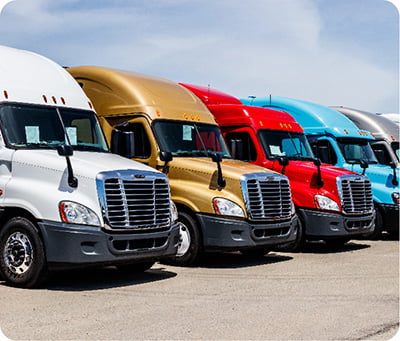
Fleet Reefer Trailer ARB Number Management
JST Truck Permits can help you navigate the California Air Resources Board (ARB) requirements for your reefer trailers. An ARB number is assigned by the board to identify reefer units and their compliance status. If you operate reefer trailers in California, it's mandatory to have ARB numbers on them. However, if you're based outside of California, it's not required to have ARB numbers on your units. Let our team ensure that your reefer trailers comply with all the necessary regulations.Contact us today for assistance.
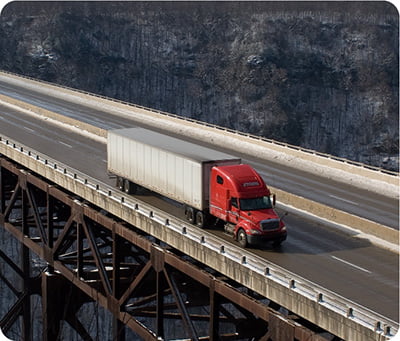
Get your Fleet IRP Plate Same day with JST
Are you tired of dealing with the hassle of obtaining trip permits each time your fleet ventures into a state or province outside your home base?We understand the importance of compliance and can help you navigate the complex IRP requirements to ensure that you are properly registered and paying taxes in all jurisdictions. Don't risk incurring potentially significant fines for operating somewhere you haven't registered. Let us help you to get your IRP plate on same day and stay compliant.
Contact us today to learn more about our Fleet IRP Plate Management services.
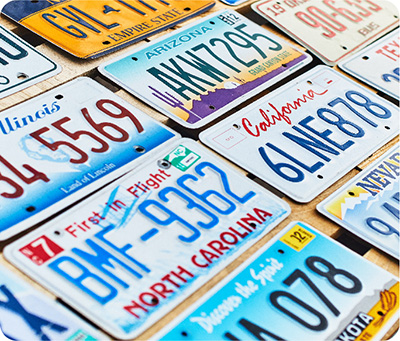
Monthly filings made easy forArkansas Annual Report
Make monthly filings in Arkansas easy and hassle-free. In addition to providing services for obtaining permits and licenses, JST can also assist trucking companies with filing their Annual Reports with the Arkansas Secretary of State, includes information about the company's officers, directors, registered agent, and business activities, as well as its operations in Arkansas, such as the number and types of vehicles operated and their safety records.With JST's help, trucking companies can ensure that they are meeting all state requirements for operating in Arkansas and can avoid potential penalties for non-compliance.

Stay Compliant inConnecticut Permit
The state of Connecticut requires that all trucks over 26,000 lbs be registered for an annual permit. This permit must be renewed each year and is issued by the Department of Motor Vehicles (DMV). The cost of the permit depends on the size of your truck and how much it weighs. The DMV will also issue a one-time trip permit if you need to travel across state lines.Contact us now to Stay Compliant in Connecticut with JST Truck Permits: Easy Annual Registration and Trip Permits for Interstate Travel!


